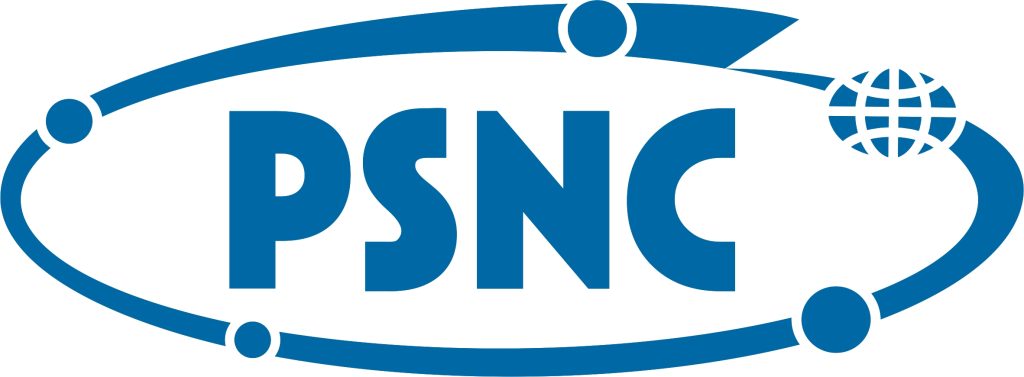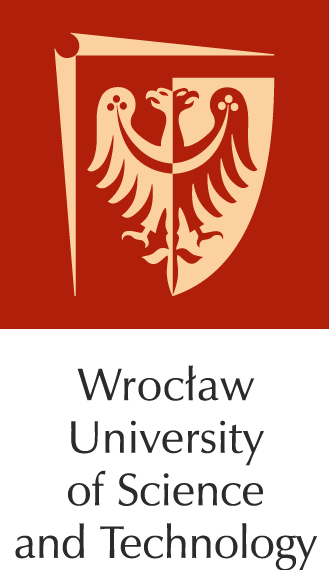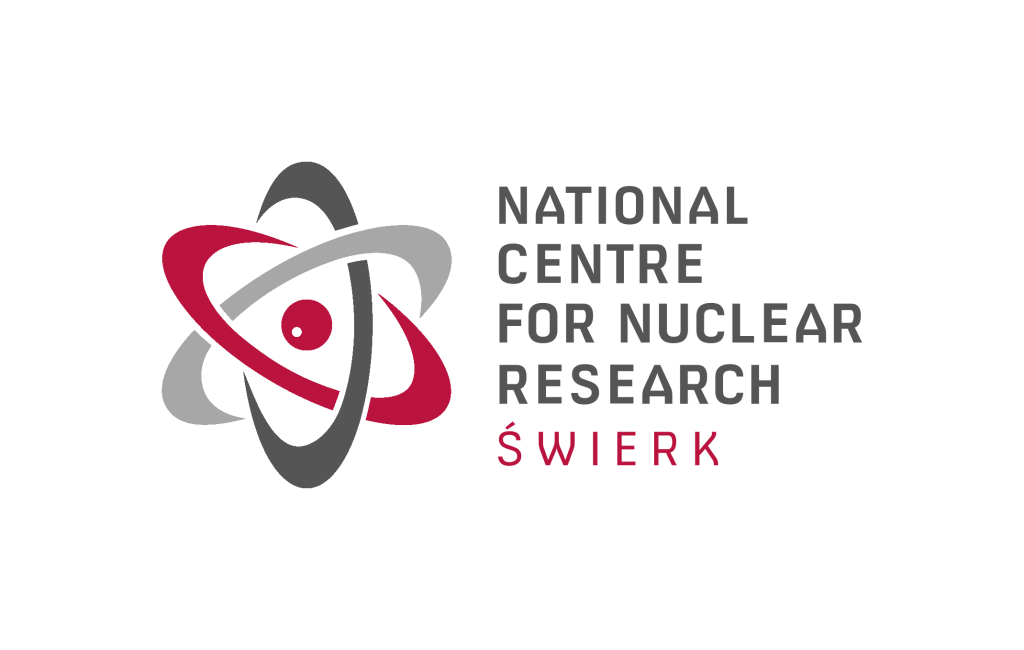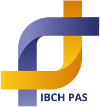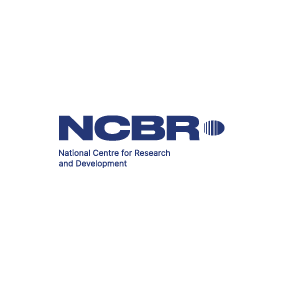DH.D. OSKAR SZULC ENG.
INSTITUTE OF FLUID-FLOW MACHINERY PAS
DH.D. OSKAR SZULC ENG.
INSTITUTE OF FLUID-FLOW MACHINERY PAS
Numerical aerodynamic and aeroacoustic analysis of flow control methods
PROJECT OJECTIVE
Improving the aerodynamic and/or aeroacoustic characteristics of streamlined structures using numerical studies employing passive and active flow control methods (e.g.: sheet, bar and fluidic vortex generators and perforated walls).

TASKS FOR THE SUPERCOMPUTER
01.
Improving the aerodynamic and/or aeroacoustic characteristics of streamlined structures with numerical studies using passive and active flow control methods (e.g.: sheet, bar and fluidic vortex generators and perforated walls).
02.
Analysis of numerical simulation results to determine the aerodynamic or aeroacoustic characteristics sought.
03.
The largest computational tasks solved are based on numerical grids containing tens of millions of computational nodes. In such cases, the use of parallel computing is necessary and leads to a significant reduction in simulation time, usually to around 1-30 days.
04.
4. Specialist software ready for use on the supercomputer: Intel Compiler, Fine/Turbo (Numeca), Fine/Open (Numeca), Tecplot 360, Ansys.
BENEFITS OF COOPERATION WITH CI TASK
Access to the NDC and to the supercomputer speeds up my daily scientific work brilliantly. Moreover, it enables me to run computational tasks that are significantly beyond the capabilities of even the fastest desktop platforms. Not only are my simulations shorter, but they are also more efficient as I analyse multiple options simultaneously.
This allows for a completely different planning of scientific tasks. In addition, I can securely store huge amounts of numerical data generated in KDM in systems with different access and purpose.
What matters, however, is not only the access to hardware platforms, but also the access to expensive commercial software licences, which I often use in the course of my scientific research. In my opinion, it is not possible to carry out scientific work in the field of computational fluid mechanics without the access to considerable computational resources that CI TASK makes available fully free of charge.
EFFECTS
Aerodynamic analysis of the use of perforated walls for passive shock wave attenuation.
Aerodynamic analysis of the effect of laminar-turbulent transition on shock wave interaction with the wall layer on rotating machine blades.
Aerodynamic and aeroacoustic analysis of a new fluid control method (transpiration by perforation) for reducing noise emitted by helicopter carrier rotor blade tips in flight.
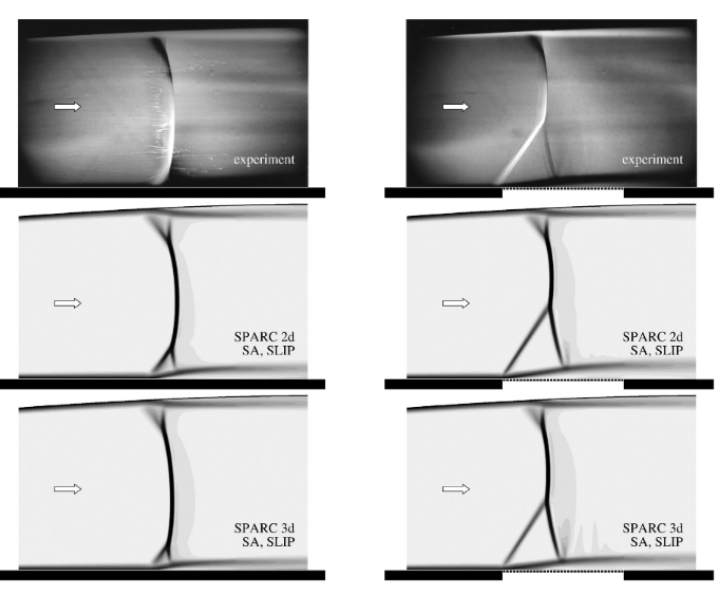
O. Szulc, P. Doerffer, P. Flaszynski, T. Suresh, “Numerical modelling of shock wave-boundary layer interaction control by passive wall ventilation”, Computers & Fluids 200(2020) 1-21 https://doi.org/10.1016/j.compfluid.2020.104435
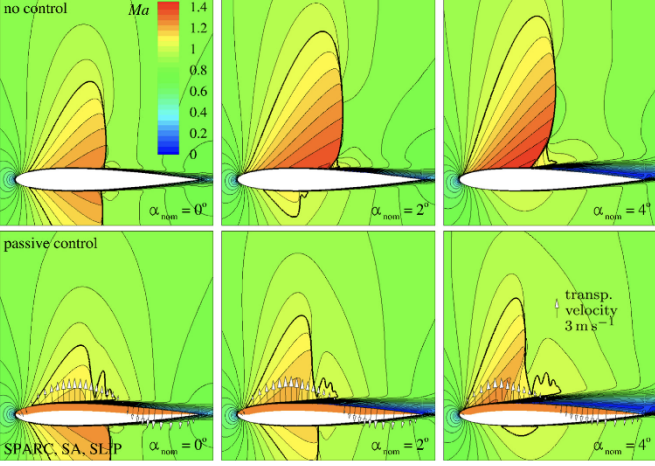
RECOMMENDATION
“Finally, I would just like to add that CI TASK is a stable pillar of my scientific work in the field of computational fluid dynamics (CFD).”
DH.D. OSKAR SZULC ENG.
INSTITUTE OF FLUID-FLOW MACHINERY PAS



